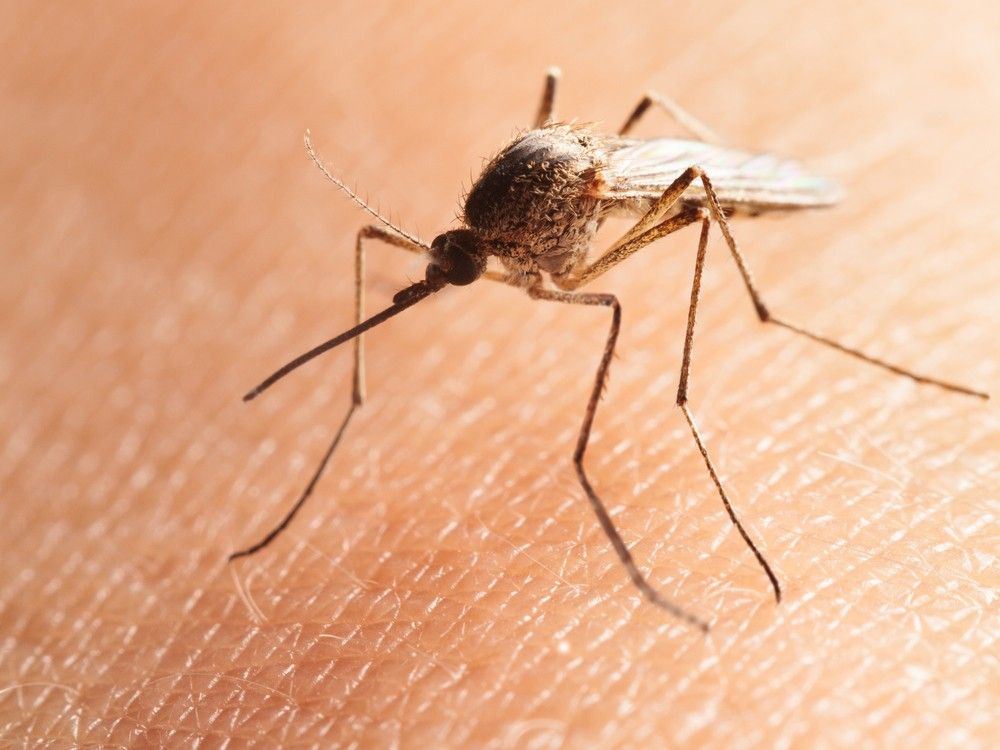
Article content
Ottawa Public Health is warning people to protect themselves from mosquito bites after confirming two human cases of West Nile Virus in the city and finding an increased presence of the virus in testing pools for the first time this summer.
OPH began its annual mosquito monitoring program in June and said Wednesday it had detected the virus in three testing pools. They were the first positive tests of the year.
Article content
Public Health gave no information about the condition of the two people found to have West Nile virus, nor if they had been infected in the Ottawa area.
Most people infected with West Nile virus have no symptoms, but about one in five cases can include flu-like symptoms, headaches, muscle aches and occasionally a rash. In rare cases the virus can affect the central nervous system.
The risk is highest amongst the elderly and those with compromised immune systems.
Communicable disease data from Ottawa Public Health show there was one human case of West Nile virus in the region reported in both 2022 and 2023, zero cases in 2021, 12 in 2020 and one in 2019.
The disease is spread by the common house mosquito and remains a risk until mosquitoes die off with the frost.
Meanwhile, OPH is also reporting a case of Eastern Equine Encephalitis Virus (EEEV) in a horse in Ottawa. Like West Nile Virus, EEEV is transmitted by mosquitoes and can infect people.
You can reduce your risk of both diseases by taking precautions against mosquito bites such as using insect repellant containing DEET or icaridin, wearing light-coloured, tightly woven clothing, long sleeves and pants and socks covering exposed skin. Around the house, remove standing water from sources where mosquitoes could lay their eggs, such as plant pots, buckets, birdbaths, pool covers or old tires. You should also inspect and maintain window and door screens to make sure mosquitoes stay outside.
Meanwhile, the City of Ottawa is maintaining its mosquito-monitoring program and applying larvicide in ditches, drains, storm water ponds and in sewer catch basins.
You can learn more about the risks of West Nile virus on the Ottawa Public Health website.
Share this article in your social network